What Is Auditory Processing Disorder?
 Auditory processing disorder (APD) is a hearing problem characterized by deficits in how the brain processes auditory input. Children with APD struggle to make sense of what they hear — a symptom that is easily mistaken for other conditions and learning disabilities. This overview of APD clarifies common misconceptions and offers targeted strategies of support. Read more ›
Auditory processing disorder (APD) is a hearing problem characterized by deficits in how the brain processes auditory input. Children with APD struggle to make sense of what they hear — a symptom that is easily mistaken for other conditions and learning disabilities. This overview of APD clarifies common misconceptions and offers targeted strategies of support. Read more ›

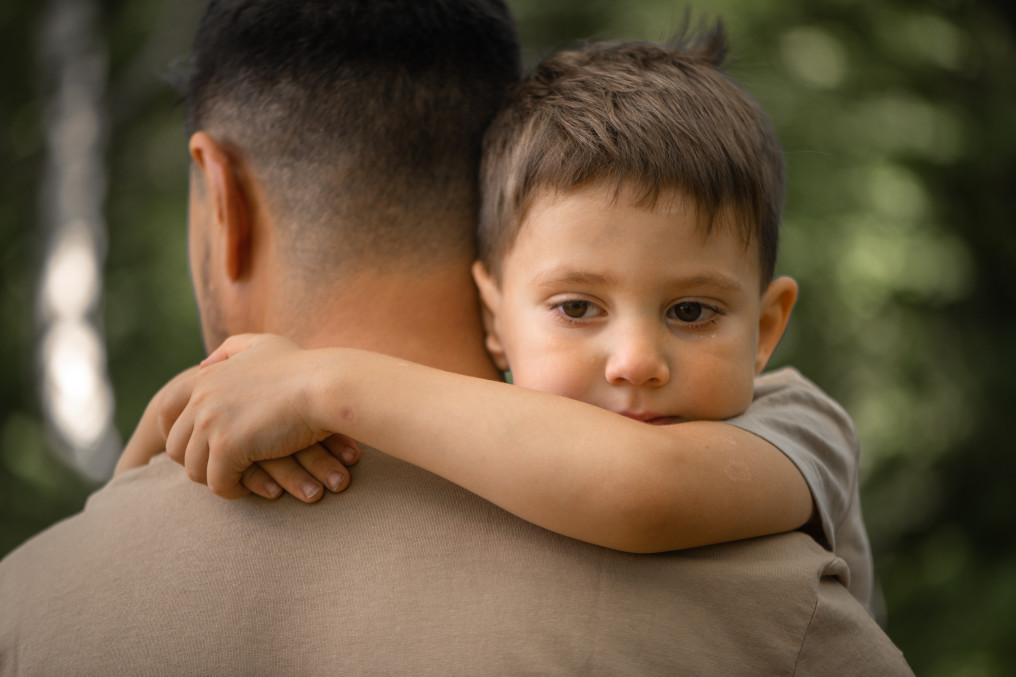
 The news can be devastating. Events such as a mass shooting at an elementary school can be incomprehensible to adults — so how do we talk about them with kids?
The news can be devastating. Events such as a mass shooting at an elementary school can be incomprehensible to adults — so how do we talk about them with kids? 
 The
The 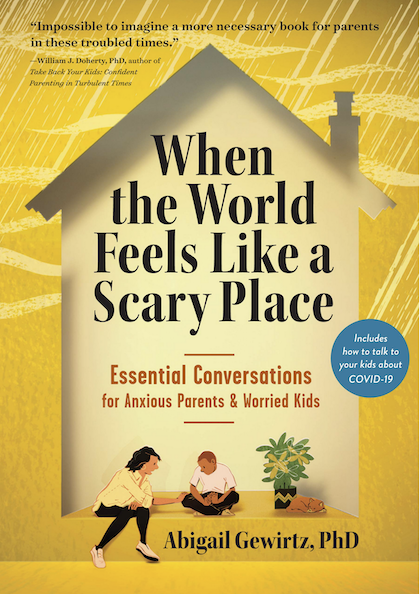
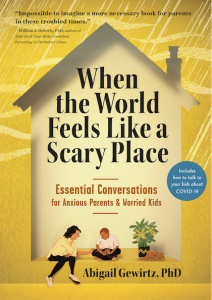 It’s an understatement to say we live in an age of anxiety. Political polarization, school shootings, income inequality, climate issues, sexual harassment, and more—whether it’s on the news or hitting closer to home, it’s impossible to tune out. The problem is, most children can’t put these issues in perspective, and parents, often anxious themselves, can have a hard time talking to their kids without making it worse.
It’s an understatement to say we live in an age of anxiety. Political polarization, school shootings, income inequality, climate issues, sexual harassment, and more—whether it’s on the news or hitting closer to home, it’s impossible to tune out. The problem is, most children can’t put these issues in perspective, and parents, often anxious themselves, can have a hard time talking to their kids without making it worse. 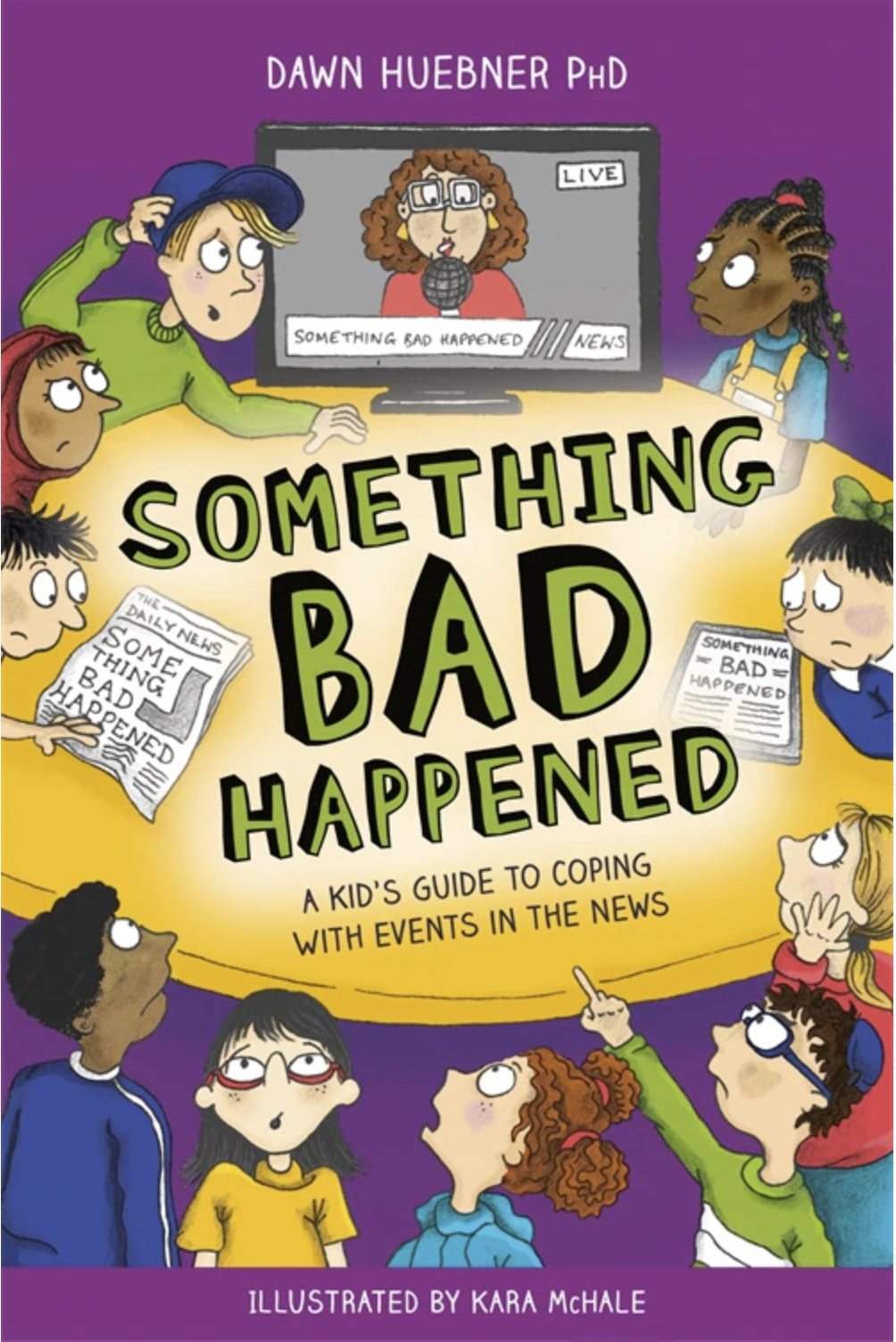
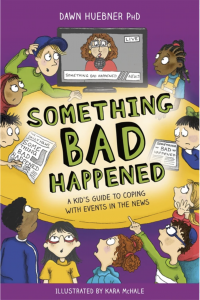

 Between 2009 and 2019, the percentage of teens who reported having “persistent feelings of sadness or hopelessness” rose from 26 percent to 37 percent and, in 2021, to 44 percent. Further, research shows that 1 in 5 youth in distress felt that they didn’t have someone they could turn to in a crisis. How can we let our teens know we’re here for them and protect them from significant mental health challenges?
Between 2009 and 2019, the percentage of teens who reported having “persistent feelings of sadness or hopelessness” rose from 26 percent to 37 percent and, in 2021, to 44 percent. Further, research shows that 1 in 5 youth in distress felt that they didn’t have someone they could turn to in a crisis. How can we let our teens know we’re here for them and protect them from significant mental health challenges? 
 Many of my patients are stressing over—and feeling exhausted by—the same things: uncertainty about travel and social gatherings, trouble focusing and completing tasks, and general burnout, to name a few. We’re all tired, and talking about exhaustion over and over again is, well, exhausting.
Many of my patients are stressing over—and feeling exhausted by—the same things: uncertainty about travel and social gatherings, trouble focusing and completing tasks, and general burnout, to name a few. We’re all tired, and talking about exhaustion over and over again is, well, exhausting. 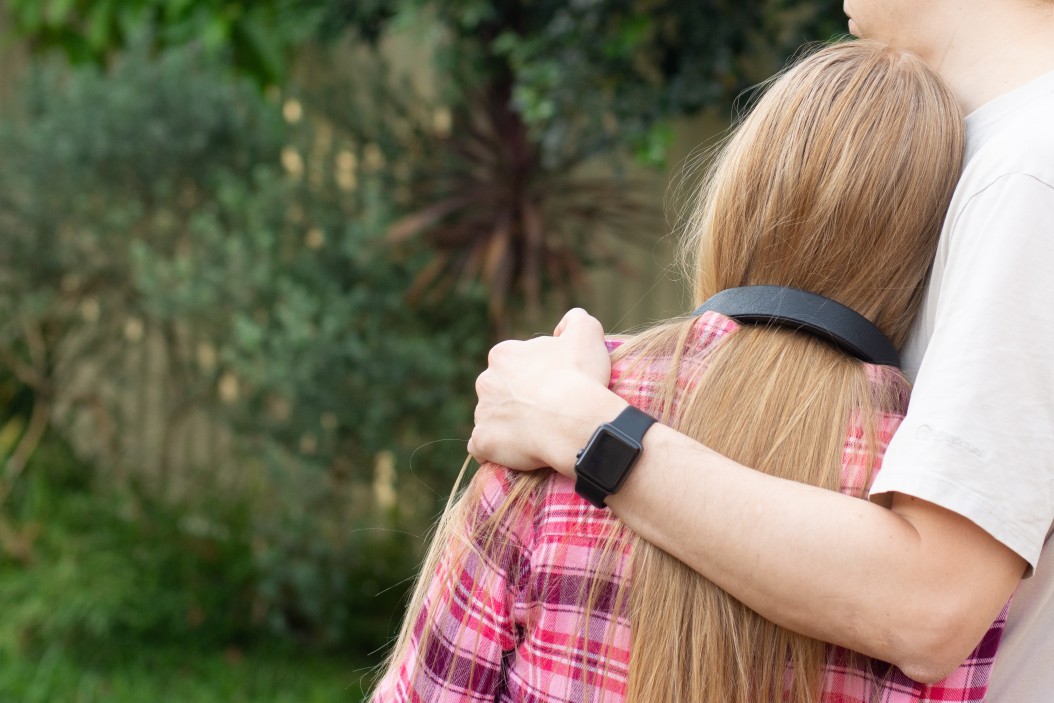
 The first step in starting a conversation is to choose a good time. It’s really important to make space to be together without an agenda or pressure. Conversation tends to flow best when it naturally occurs.
The first step in starting a conversation is to choose a good time. It’s really important to make space to be together without an agenda or pressure. Conversation tends to flow best when it naturally occurs. 

